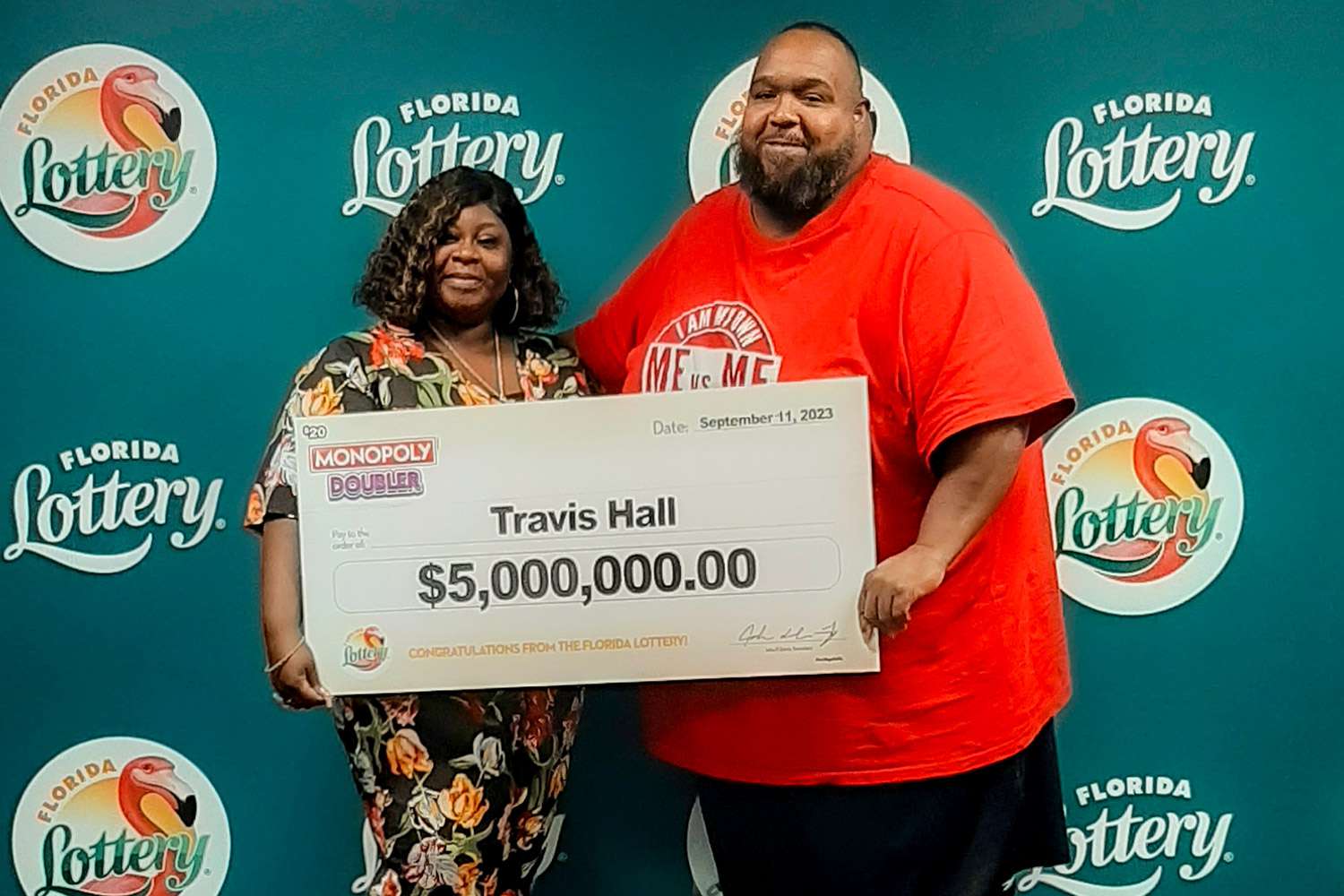
A lottery is a game in which numbered tickets are sold and prizes are awarded according to the results of a random drawing. A lottery is often used as a way to raise money for public projects, such as road construction or building new schools. In addition, it is a popular entertainment activity. However, it is important to understand how the lottery system works and how to win it before you start playing.
The word lottery derives from the Latin loterie, meaning “fateful lot.” In the past, people often played the lottery as a form of divination. This was because they believed that if they drew the right numbers, they would be granted their wishes. While some people still believe that the numbers they draw can affect their lives, it is now known that lottery winnings are based on probability and chance.
A common misconception is that the more you play, the higher your chances of winning. While it is true that there are more opportunities to win with a bigger pool of tickets, the odds of winning remain the same. The fact is, the more you play, the more money you will spend on tickets. If you want to increase your chances of winning, choose your numbers carefully and only buy tickets that are legitimate.
Most modern lottery systems use a computerized system to record the identities of bettors and the amounts staked by each. These tickets are then shuffled and placed in a pool for the draw. The bettor may write his name on the ticket or deposit it with the lottery organization for later verification. It is also possible to purchase a receipt instead of a ticket for the purpose of reducing paperwork.
Some states tax lottery winnings, but others do not. While many players resent being forced to pay taxes, the truth is that these funds help improve state services, such as education and gambling addiction recovery.
In order to encourage the purchase of tickets, many lotteries offer attractive prizes as the top prize. These might include vacations, cars, cash, and electronics. Some even have celebrity endorsements or sports team partnerships. These promotions help the lottery raise money while promoting their brand. They also provide an incentive to play and increase the visibility of the lottery.
Occasionally, lottery officials will announce a “Jackpot” that reaches an enormous sum. This is a mathematical trick that is designed to lure unsophisticated players into buying lots of tickets with the hope that they will be one of the lucky winners. While some of these tickets will win, the majority will be worth little or nothing.
It is important to realize that the odds of winning a jackpot are extremely low. In fact, the odds of winning are only about one in a million. Even so, some people have won big prizes with only a few tickets. This is because the odds of getting just five of six winning numbers are not that great, but the prize amounts can be quite large. It is also possible to win small prizes with multiple tickets by matching fewer numbers.